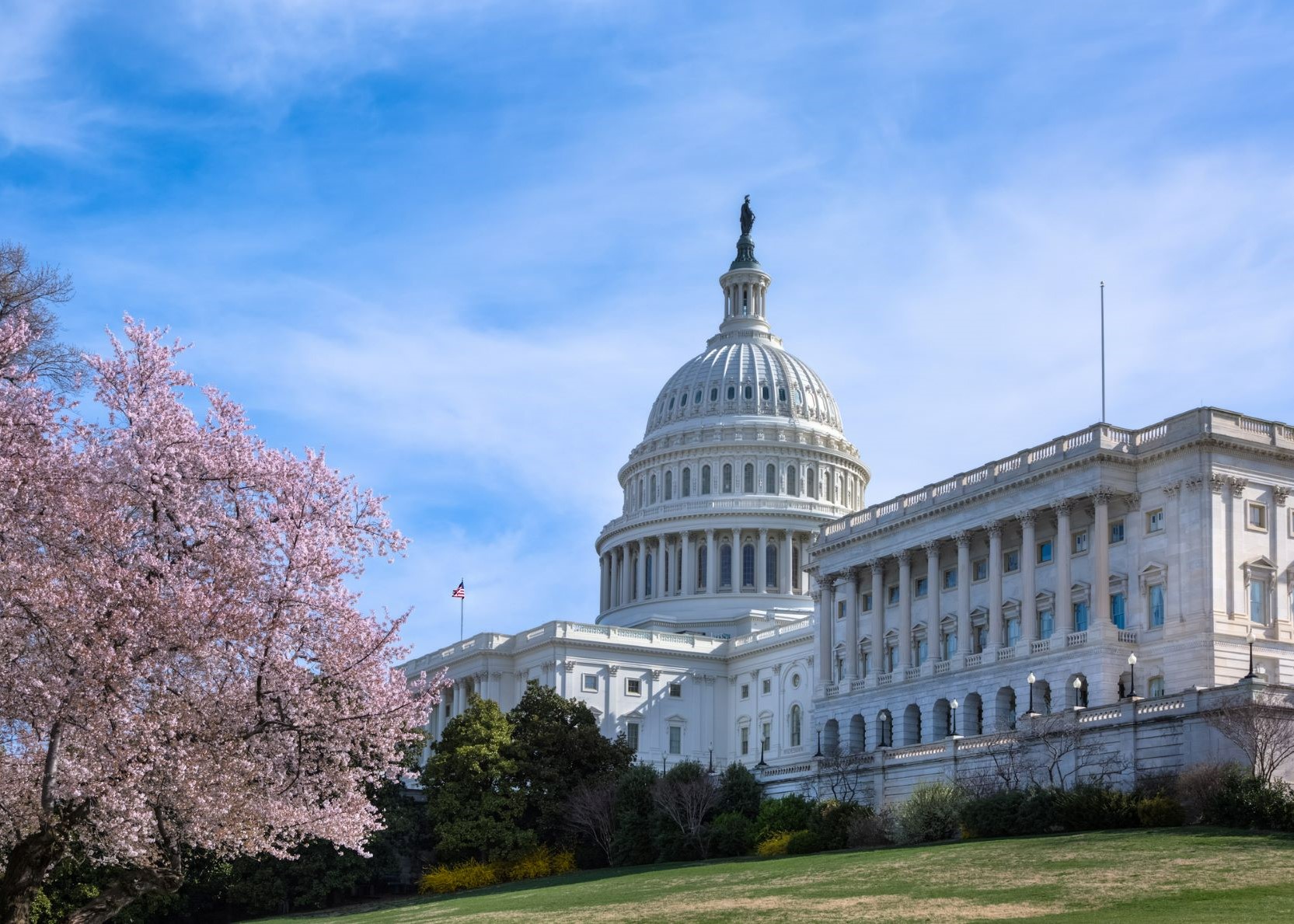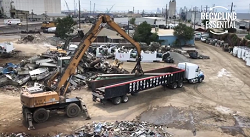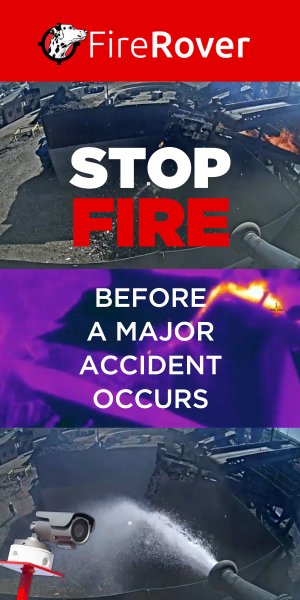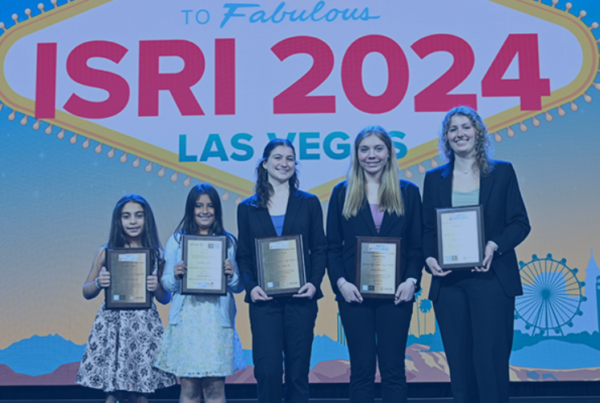Recycling scored a win April 7 when the Senate Environmental and Public Works Committee (EPW) passed two pieces of legislation supported by ISRI and other environmental and industry groups. For the first time, congressional legislation includes ISRI’s definitions of recycling, recyclable materials, recycling facility, and processing.
On March 3, Senators Shelley Moore Capito, R-W.Va.; Tom Carper, D-Del.; and John Boozman, R-Ark., introduced the Recycling and Composting Accountability Act, which would require the Environmental Protection Agency (EPA) to collect and distribute data on recycling and composting rates across the country, and the Recycling Infrastructure and Accessibility Act, which would establish a pilot program to promote recycling in underserved communities.
“Recycling is one of those issues that attracts a lot of bipartisan support,” states Billy Johnson, ISRI’s chief lobbyist. “Nobody really wants to be against it, but what’s even better is that there’s so many people that really want to be for it. When you have three senators like John Boozman, Shelly Moore Capito, and Tom Carper working hand in hand, it’s really hard to stop that force in the Senate.”
Capito is EPW’s ranking member. Carper chairs the committee and co-chairs the Senate Recycling Caucus with Boozman. “Our legislation would reduce pollution and waste while also creating economic opportunity in communities across the country—a win-win,” Carper says. “We look forward to working with our colleagues on bringing these bills to the full Senate soon.”
The Recycling and Composting Accountability Act would require the EPA to collect and distribute data to provide an accurate reflection of recycling and composting performance nationwide and on the state level. The bill’s text is available here.
“We have been educating [Congress] on why recycling, especially at the residential level, is not broken, but there are some serious challenges that need to be addressed,” Johnson explains. “One of the first things to do if you are trying to solve a problem is to actually understand it. So, what they’re trying to do is to try to get all the relevant information from the states and effectively aggregate it so that they can understand a lot more about what’s working and what is not working.”
The Recycling Infrastructure and Accessibility Act’s pilot recycling program would award grants between $1 million and $15 million to improve access to recycling systems in underserved communities using a hub-and-spoke model for recycling infrastructure development. The text is available here.
“‘Hub-and-spoke’ is a familiar term to a lot of recyclers where material comes from a number of different areas into a central place to get recycled,” Johnson says. “What they’re really looking at is what works and how could we improve it, and in some places, what doesn’t work and how could we replace it with a system that works.”
Johnson estimates the full Senate could vote on the measures before the August recess. “That tells the House that the Senate is serious, and that this bill looks like it could move. That will allow ISRI and others to help line up support for [companion legislation] in the House,” he says.
This is ISRI’s third success in Congress in 2022. On March 31, the Senate passed its version of the Ocean Shipping Reform Act. The House version of the bill passed Dec. 8, 2021. Members of Congress are negotiating on how best to reconcile the versions of the legislation and ISRI will update members when it moves forward.
Photo courtesy of cBEYONData.
Additional Resources













